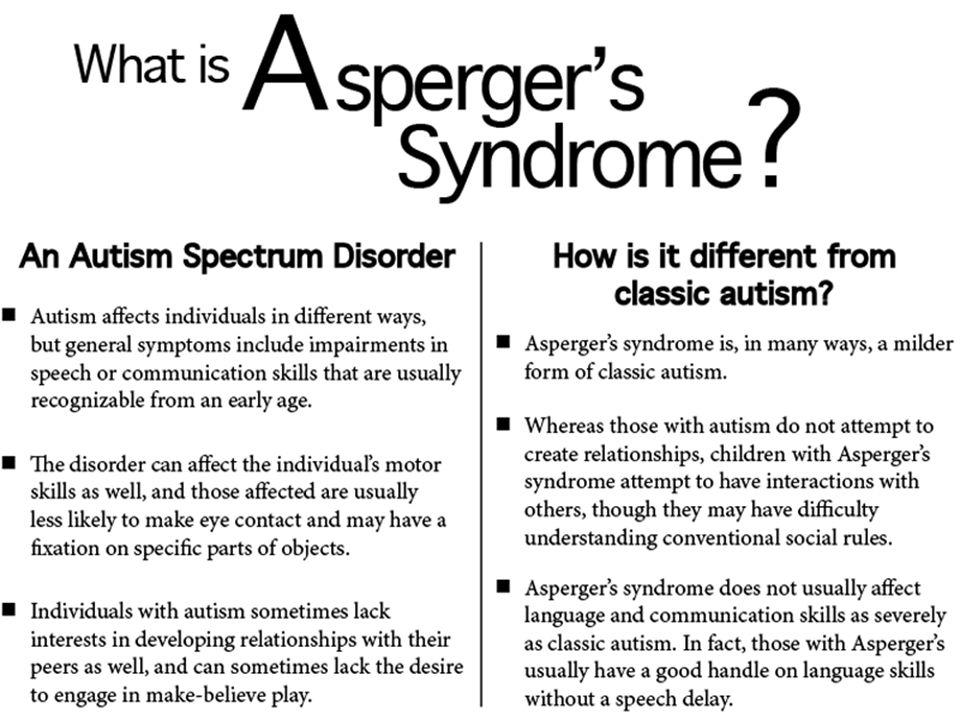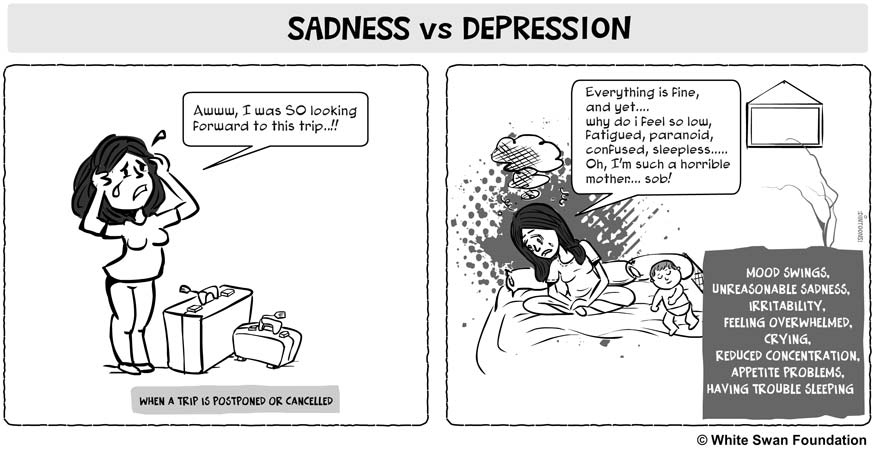Asperger syndrome myths
Asperger’s Syndrome: Facts and Myths
There are many myths about Asperger’s syndrome. We’re here to clear up the confusion.
Asperger’s syndrome is a neurodevelopmental disorder. It affects a person’s ability to communicate and socialize.
Once used as a diagnosis on its own, Asperger’s has now integrated with autism spectrum disorder (ASD).
Asperger’s is no longer an official diagnosis, and as of May 2013, the Diagnostic and Statistical Manual of Mental Disorders, 5th edition (DSM-5) only has one broad category for autism — ASD — instead of listing disorders within the spectrum.
Though the term is no longer used in clinical contexts, many people still resonate with it. Autism presents itself in many ways, and people who have good language skills but may be socially awkward find Asperger’s more fitting for their unique set of symptoms.
Now, “level 1 autism” may be used instead of Asperger’s.
People with Asperger’s symptoms may have difficulty navigating conversations. Some people may misinterpret this as rudeness.
While they’re capable of being rude just like anybody else, people with Asperger’s often have difficulty reading social cues and can seem tactless. They may avoid eye contact or misunderstand social conventions, so making friends and “fitting in” can be more challenging.
People with Asperger’s can also appear uninterested in social situations. Instead of a back-and-forth cadence, they may tend to monopolize conversations by talking about themselves or their special interests. These conversations can seem one-sided.
They may seem detached, which could stem from the difficulty to understand nonverbal cues like body language or recognize when someone is upset. This could also be from being overstimulated and overwhelmed.
Though there’s a myth they are blunt and selfish, people with Asperger’s can be very kind.
It’s no secret that autistic people have many talents and abilities. Some folks assume all people with Asperger’s are gifted or have a very high IQ.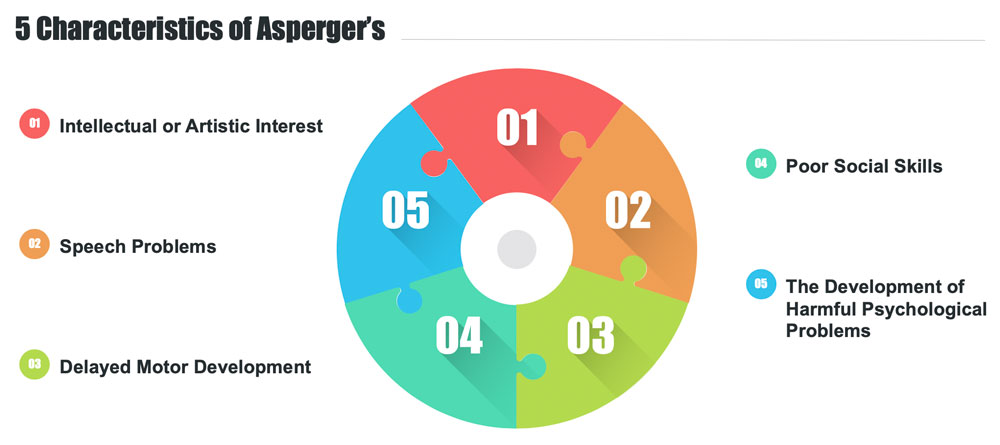
While this is true for some in the autistic community, being on the spectrum doesn’t automatically make you a musical, mathematical, artistic, or another type of genius.
According to a 2016 review, research suggests a correlation between autism risk and mental abilities — but there are different measures of intelligence. Autistic people tend to have reduced verbal or rotation intelligence but enhanced fluid intelligence.
One symptom of autism that people with Asperger’s tend to have is special interests. They may find something to fixate on, such as a certain type of animal, fun activity, or subject.
They can be perceived as being highly intelligent because they can usually talk about their special interests for hours and appear to know everything about their interests.
Like anyone, people with level 1 autism can have unique or impressive strengths but may also have difficulty in other areas.
When having a conversation with a person with Asperger’s, they may seem blunt, emotionless, or lacking in empathy.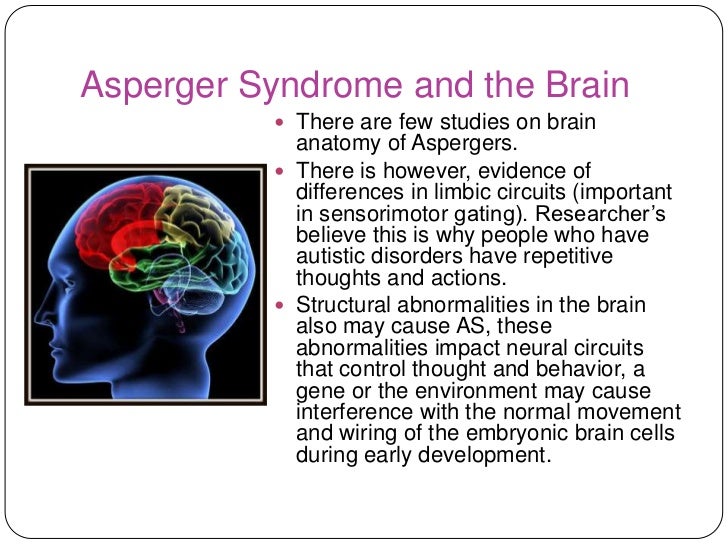 This is a stereotype that creates misconceptions about neurodevelopmental disorders.
This is a stereotype that creates misconceptions about neurodevelopmental disorders.
Though they may have trouble navigating social interactions, people with Asperger’s are capable of understanding the feelings and emotions of others. They can have difficulty processing complex emotions, and there may be a delay in understanding how others are feeling.
According to a 2019 meta-analysis, early research suggested that people with Asperger’s may have impaired empathy, but more recent research has found that factors like age and gender may influence empathy impairments.
People with Asperger’s also have morality, which is the subject of 2016 research. Researchers found that people with level 1 autism exhibit a typical pattern of moral judgments.
Asperger’s doesn’t go away. It’s not a phase that children or adults grow out of. It’s a disorder with a lifelong diagnosis.
There’s no “cure” for autism. It’s a part of who people are. It’s not treatable with medication or other therapies, but treatments — such as therapy, educational support, and other resources — can help manage any symptoms.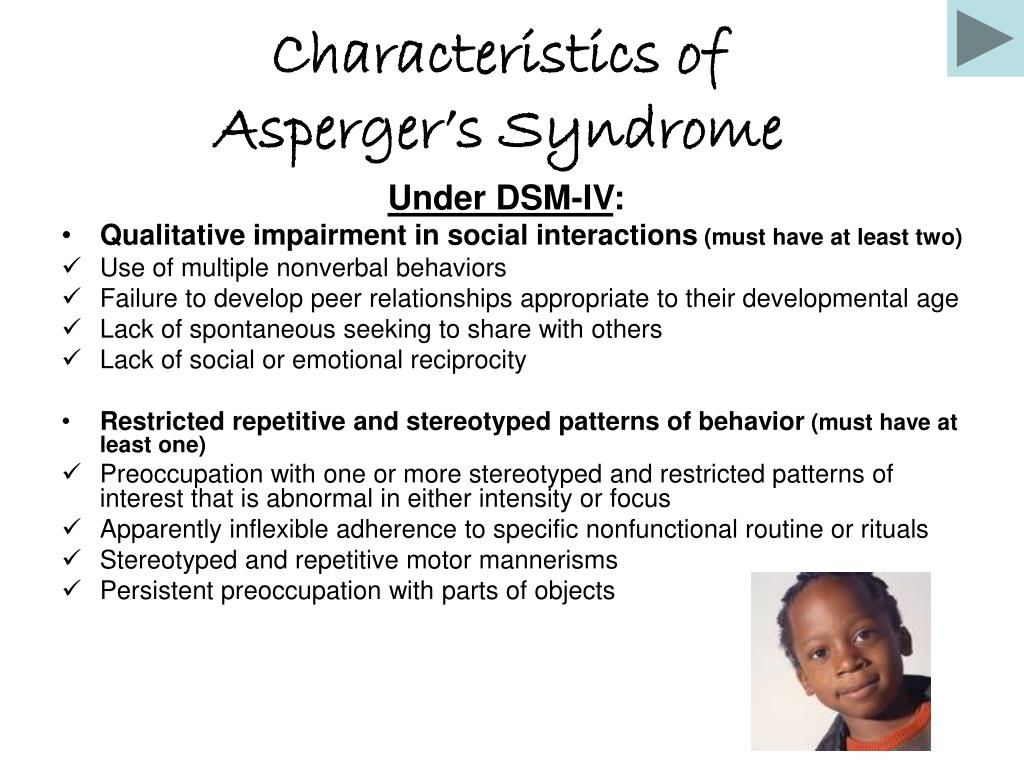
Research from 2013 suggests that some children can have an optimal outcome following an autism diagnosis when they no longer have certain symptoms or impairments, but they may require additional support throughout their lives.
People with Asperger’s and social anxiety disorder may share an overlap of symptoms. Both disorders are characterized by difficulty navigating social situations. However, their causes are much different.
Social anxiety disorder is caused by fear, but people with the disorder are capable of communicating and socializing without challenges. Their fear may hold them back, but they likely understand social cues.
People with Asperger’s lack the awareness of social conventions to comfortably engage with others in social settings. They may find it difficult to understand nonverbal cues like body language or comprehend jokes in a nonliteral sense that can stilt conversations.
Level 1 autism, which used to be called Asperger’s syndrome, is a neurodevelopmental disorder that is characterized by social awkwardness, hyperfixation on special interests, repetitive behaviors, hypersensitivity to stimuli, and more.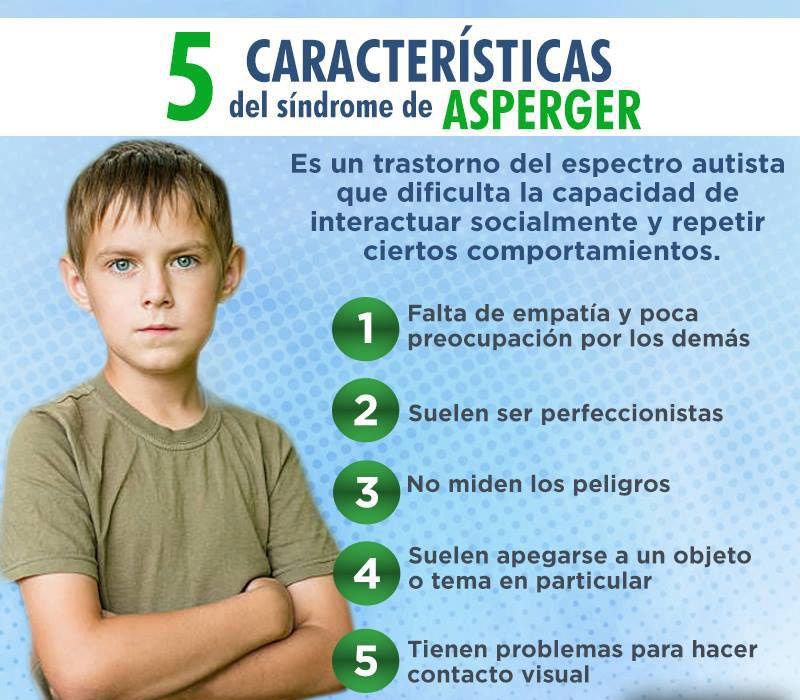
There are stereotypes about the disorder that perpetuate misinformation and myths. The autism spectrum is wide, and not everyone with level 1 autism is the same.
The following organizations may provide more information or support:
- Asperger/Autism Network (AANE)
- Autism Empowerment
- Autism Research Institute
- Autistic Self Advocacy Network
Asperger’s Syndrome: Facts and Myths
There are many myths about Asperger’s syndrome. We’re here to clear up the confusion.
Asperger’s syndrome is a neurodevelopmental disorder. It affects a person’s ability to communicate and socialize.
Once used as a diagnosis on its own, Asperger’s has now integrated with autism spectrum disorder (ASD).
Asperger’s is no longer an official diagnosis, and as of May 2013, the Diagnostic and Statistical Manual of Mental Disorders, 5th edition (DSM-5) only has one broad category for autism — ASD — instead of listing disorders within the spectrum.
Though the term is no longer used in clinical contexts, many people still resonate with it. Autism presents itself in many ways, and people who have good language skills but may be socially awkward find Asperger’s more fitting for their unique set of symptoms.
Now, “level 1 autism” may be used instead of Asperger’s.
People with Asperger’s symptoms may have difficulty navigating conversations. Some people may misinterpret this as rudeness.
While they’re capable of being rude just like anybody else, people with Asperger’s often have difficulty reading social cues and can seem tactless. They may avoid eye contact or misunderstand social conventions, so making friends and “fitting in” can be more challenging.
People with Asperger’s can also appear uninterested in social situations. Instead of a back-and-forth cadence, they may tend to monopolize conversations by talking about themselves or their special interests. These conversations can seem one-sided.
They may seem detached, which could stem from the difficulty to understand nonverbal cues like body language or recognize when someone is upset. This could also be from being overstimulated and overwhelmed.
This could also be from being overstimulated and overwhelmed.
Though there’s a myth they are blunt and selfish, people with Asperger’s can be very kind.
It’s no secret that autistic people have many talents and abilities. Some folks assume all people with Asperger’s are gifted or have a very high IQ.
While this is true for some in the autistic community, being on the spectrum doesn’t automatically make you a musical, mathematical, artistic, or another type of genius.
According to a 2016 review, research suggests a correlation between autism risk and mental abilities — but there are different measures of intelligence. Autistic people tend to have reduced verbal or rotation intelligence but enhanced fluid intelligence.
One symptom of autism that people with Asperger’s tend to have is special interests. They may find something to fixate on, such as a certain type of animal, fun activity, or subject.
They can be perceived as being highly intelligent because they can usually talk about their special interests for hours and appear to know everything about their interests.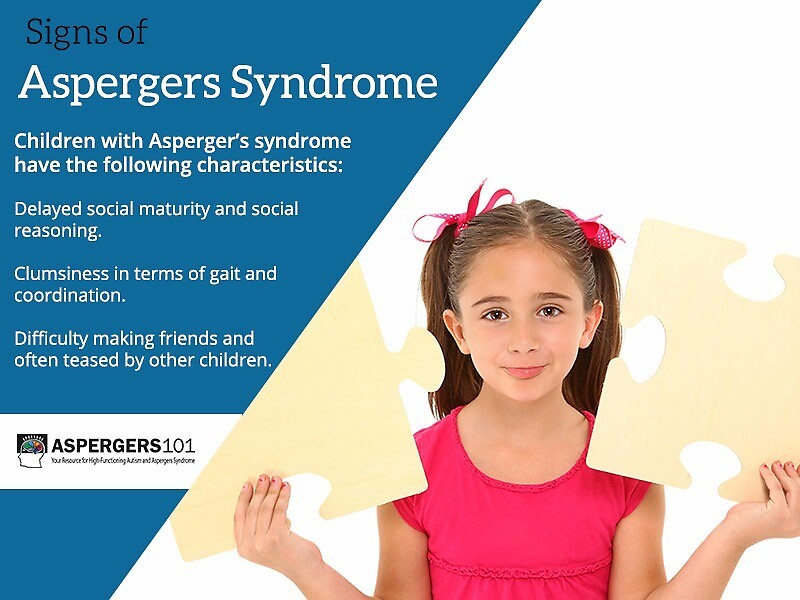
Like anyone, people with level 1 autism can have unique or impressive strengths but may also have difficulty in other areas.
When having a conversation with a person with Asperger’s, they may seem blunt, emotionless, or lacking in empathy. This is a stereotype that creates misconceptions about neurodevelopmental disorders.
Though they may have trouble navigating social interactions, people with Asperger’s are capable of understanding the feelings and emotions of others. They can have difficulty processing complex emotions, and there may be a delay in understanding how others are feeling.
According to a 2019 meta-analysis, early research suggested that people with Asperger’s may have impaired empathy, but more recent research has found that factors like age and gender may influence empathy impairments.
People with Asperger’s also have morality, which is the subject of 2016 research. Researchers found that people with level 1 autism exhibit a typical pattern of moral judgments.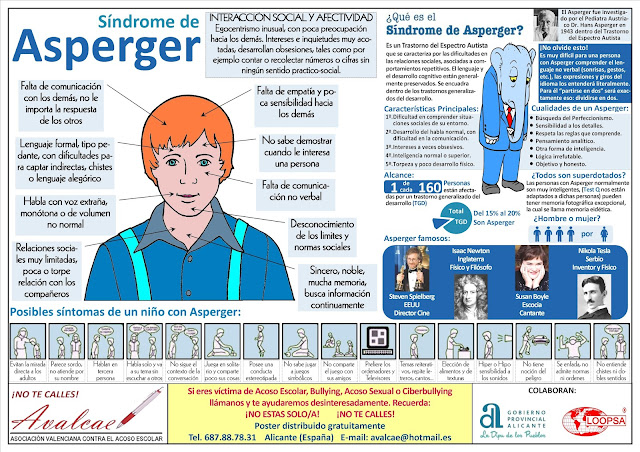
Asperger’s doesn’t go away. It’s not a phase that children or adults grow out of. It’s a disorder with a lifelong diagnosis.
There’s no “cure” for autism. It’s a part of who people are. It’s not treatable with medication or other therapies, but treatments — such as therapy, educational support, and other resources — can help manage any symptoms.
Research from 2013 suggests that some children can have an optimal outcome following an autism diagnosis when they no longer have certain symptoms or impairments, but they may require additional support throughout their lives.
People with Asperger’s and social anxiety disorder may share an overlap of symptoms. Both disorders are characterized by difficulty navigating social situations. However, their causes are much different.
Social anxiety disorder is caused by fear, but people with the disorder are capable of communicating and socializing without challenges. Their fear may hold them back, but they likely understand social cues.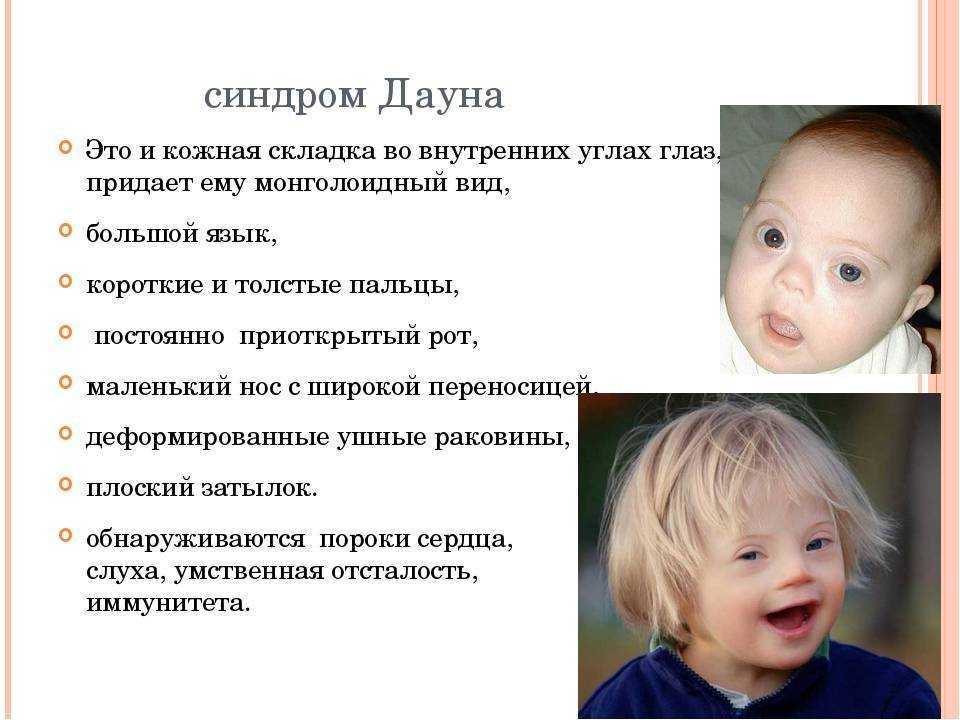
People with Asperger’s lack the awareness of social conventions to comfortably engage with others in social settings. They may find it difficult to understand nonverbal cues like body language or comprehend jokes in a nonliteral sense that can stilt conversations.
Level 1 autism, which used to be called Asperger’s syndrome, is a neurodevelopmental disorder that is characterized by social awkwardness, hyperfixation on special interests, repetitive behaviors, hypersensitivity to stimuli, and more.
There are stereotypes about the disorder that perpetuate misinformation and myths. The autism spectrum is wide, and not everyone with level 1 autism is the same.
The following organizations may provide more information or support:
- Asperger/Autism Network (AANE)
- Autism Empowerment
- Autism Research Institute
- Autistic Self Advocacy Network
Myths and facts about ASD
tags:
autism community,
personal experience,
myths about autism when they talk about their autistic life experiences.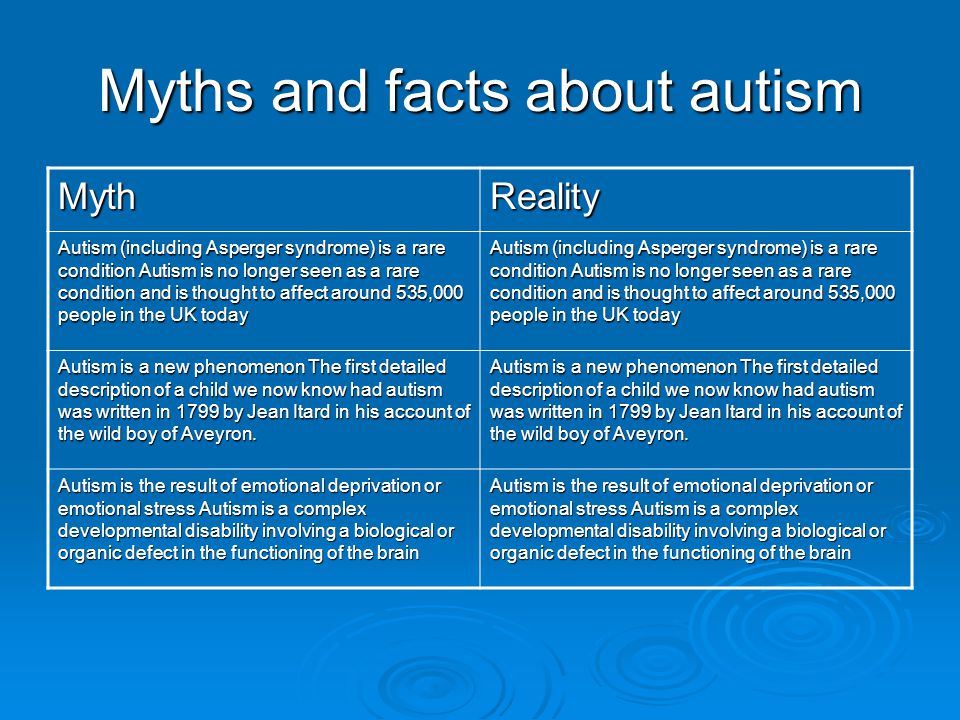
It can be said that in literally all areas of life, an autistic person runs the risk of ridicule, humiliating and mocking remarks in response to a request for an accessible environment, to an attempt at self-advocacy, simply to talk about his personal experience. Deeply hurting phrases are heard in the family, in the educational institution, in social networks, in public spaces. nine0003
tags:
Asperger's syndrome and ASD - general information,
symptoms and manifestations
Autistic states are states of the spectrum. There are several groups of traits that are characteristic of autistic people, but they may not be for everyone!
- Speech . Some autistic people are non-verbal, and some understand speech well, but they find it difficult to express thoughts out loud. Someone is okay.
- Literal understanding . Understanding speech without taking into account true emotions or background.
This can make autistic people appear rude or hardheaded. nine0026
tags:
research,
ASD in women,
prevalence of autism
Autism is known to be more common in boys than in girls. An analysis of a large amount of data has been published, indicating that the real ratio of boys and girls with autism is 3:1, and not 4:1, as previously thought.
The results of the study highlight the need to pay attention to girls with autism, as they are more likely to be misdiagnosed, diagnosed later or not diagnosed at all. nine0003
tags:
autism community,
personal experience,
autism myths,
self-advocacy
People with autism often face stereotypes and devaluation of their experiences from others. And even the fact that neurotypical people talk about autism and Asperger's syndrome not with the intent to insult or belittle is often not a compliment at all.
tags:
autism community,
autism myths
What are the best aspects of autism?
If you're sick of all the severe "deficiencies" in people on the autism spectrum, welcome. For every disadvantage of autism, there is a downside that can be called positive - these are extraordinary traits that rarely appear in a "typical" society, but are pronounced in autistic people. And these advantages are definitely worth glorifying.
For every disadvantage of autism, there is a downside that can be called positive - these are extraordinary traits that rarely appear in a "typical" society, but are pronounced in autistic people. And these advantages are definitely worth glorifying.
tags:
ASD in women,
prevalence of autism
Autism and Asperger syndrome are stereotyped in girls and women, and the experience of autistic women is often devalued. nine0075 Here are 10 short dialogues demonstrating this state of affairs.
tags:
myths about autism,
personal experience
Autism is not a disease in the everyday sense. This is an innate feature of the nervous system. She is highly sensitive to external stimuli, which is why she experiences frequent overloads. During overloads, the safety shutdown function is activated. In this way, the autistic organism is saved from a nervous breakdown. I insist on the term "autistic organism" because The nervous system determines the work of not only the brain, but also all organs. That is why allergies, autoimmune diseases, cardiovascular diseases, problems with the gastrointestinal tract, etc. are typical for many autistic people. nine0003
That is why allergies, autoimmune diseases, cardiovascular diseases, problems with the gastrointestinal tract, etc. are typical for many autistic people. nine0003
tags:
prevalence of autism
Approximately 1% of the human population has an autism spectrum disorder. (CDC, 2014)
The prevalence of autism in the United States of America is estimated at 1 in 68 newborns. (CDC, 2014) 90,075 More than 90,024 3.5 million 90,025 Americans live with an autism spectrum disorder. (Buescher et al., 2014)
tags:
Asperger's Syndrome and ASD - Overview
Some people believe that Asperger's syndrome is nothing more than a different "way of thinking", that is, a variant of the norm. And such an opinion is not without validity: each person from the "typical population" has certain features that characterize Asperger's syndrome or high-functioning autism. For example, collecting items as a hobby (collecting rocks, stamps, glass bottles) is considered socially acceptable behavior.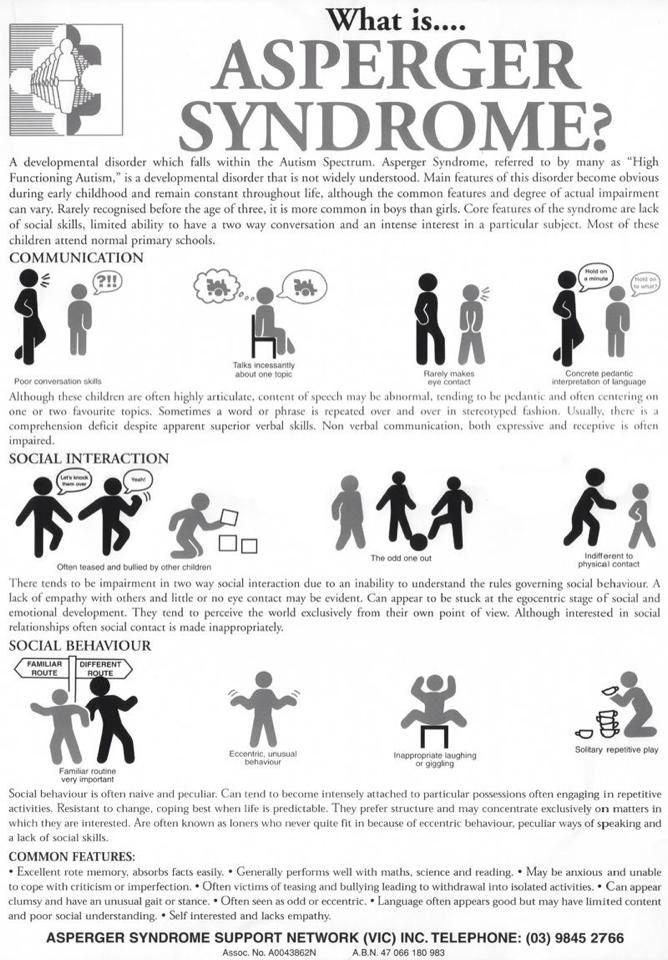 Still everyone is different in their social interaction and ability to perceive non-verbal signals. Smart, independent people also have special (special) interests, which are indulged with great enthusiasm. And the features of motor functions are equally widespread. nine0003
Still everyone is different in their social interaction and ability to perceive non-verbal signals. Smart, independent people also have special (special) interests, which are indulged with great enthusiasm. And the features of motor functions are equally widespread. nine0003
tags:
autism myths,
research
Initially, Hans Asperger used the term "autistic psychopathy" to describe his patients, leading to possible confusion with a psychopathic disorder and a tendency to delinquent behavior. The 2010 article "Brief Report: No Increase in Criminal Convictions in Hans Asperger's Original Cohort" by a research team consisting of Kathryn Hippler, Essie Widing, Christian Klickera and Francesca Happe addresses the issue of the frequency and nature of offending in people with Asperger's Syndrome . In order to answer this question, the Austrian criminal record was searched for 177 former Asperger's patients with a childhood diagnosis of "autistic psychopathy" or traits of this disorder. nine0003
nine0003
Pages
- 1
- 2
- 3
- next ›
- latest »
myths about autism | Autistic City
Information aimed at debunking myths and stereotypes about autism and Asperger's syndrome.
tags:
autism community,
personal experience,
autism myths your autistic life experience. nine0003
It can be said that in literally all areas of life, an autistic person runs the risk of ridicule, humiliating and mocking remarks in response to a request for an accessible environment, to an attempt at self-advocacy, simply to talk about his personal experience. Deeply hurting phrases are heard in the family, in the educational institution, in social networks, in public spaces.
tags:
personal experience,
autism myths,
self-advocacy
When I decided to disclose my diagnosis of Asperger's Syndrome four years ago, I faced a wide range of reactions, from misunderstanding to ridicule.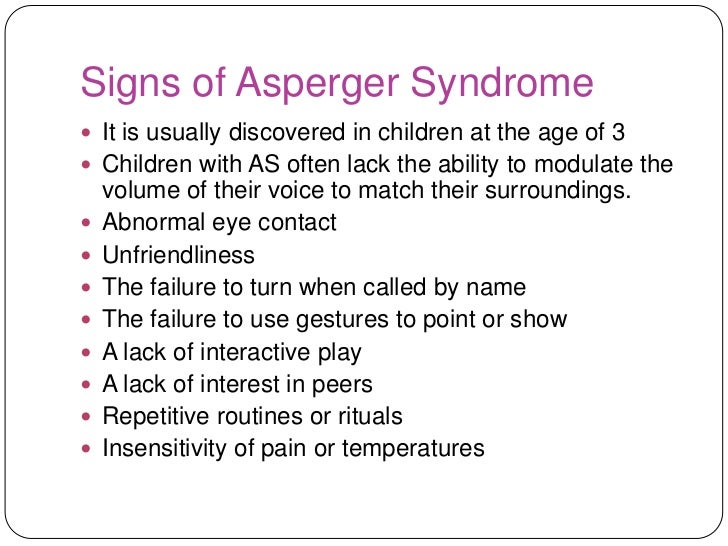 People did not want to understand the essence of ASD and related features of thinking and perception. My way of communication, my interests, my reactions - everything caused them rejection and derogatory criticism. Perhaps, in their understanding, such an approach is called "promoting socialization", but in fact it can only contribute to a decrease in self-esteem in a person with Asperger's syndrome and his greater isolation. nine0003
People did not want to understand the essence of ASD and related features of thinking and perception. My way of communication, my interests, my reactions - everything caused them rejection and derogatory criticism. Perhaps, in their understanding, such an approach is called "promoting socialization", but in fact it can only contribute to a decrease in self-esteem in a person with Asperger's syndrome and his greater isolation. nine0003
tags:
autism community,
personal experience,
autism myths,
self-advocacy
People with autism often face stereotypes and devaluation of their experiences from others. And even the fact that neurotypical people talk about autism and Asperger's syndrome not with the intent to insult or belittle is often not a compliment at all.
tags:
personal experience,
myths about autism,
symptoms and manifestations
- You don't look autistic.
- Yes, why, quite.
— Well, at least you don't act like an autist.
- I lead.
— Okay, but still you're not like "real" autistics.
- You are mistaken.
tags:
autism community,
autism myths
What are the best aspects of autism?
If you're sick of all the severe "deficiencies" in people on the autism spectrum, welcome. For every disadvantage of autism, there is a downside that can be called positive - these are extraordinary traits that rarely appear in a "typical" society, but are pronounced in autistic people. And these advantages are definitely worth glorifying. nine0003
tags:
myths about autism,
personal experience
Autism is not a disease in the everyday sense. This is an innate feature of the nervous system. She is highly sensitive to external stimuli, which is why she experiences frequent overloads. During overloads, the safety shutdown function is activated. In this way, the autistic organism is saved from a nervous breakdown.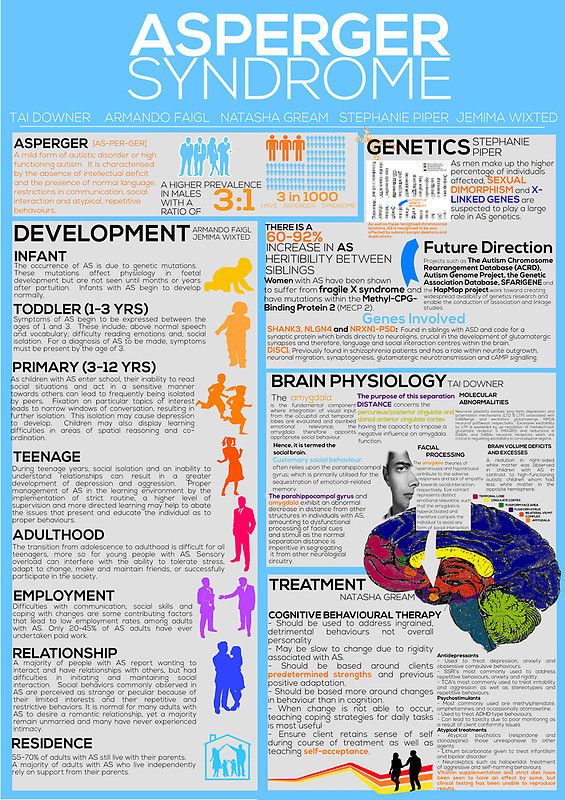 I insist on the term "autistic organism" because The nervous system determines the work of not only the brain, but also all organs. That is why allergies, autoimmune diseases, cardiovascular diseases, problems with the gastrointestinal tract, etc. are typical for many autistic people. nine0003
I insist on the term "autistic organism" because The nervous system determines the work of not only the brain, but also all organs. That is why allergies, autoimmune diseases, cardiovascular diseases, problems with the gastrointestinal tract, etc. are typical for many autistic people. nine0003
tags:
autism myths,
research
Initially, Hans Asperger used the term "autistic psychopathy" to describe his patients, leading to possible confusion with a psychopathic disorder and a tendency to delinquent behavior. The 2010 article "Brief Report: No Increase in Criminal Convictions in Hans Asperger's Original Cohort" by a research team consisting of Kathryn Hippler, Essie Widing, Christian Klickera and Francesca Happe addresses the issue of the frequency and nature of offending in people with Asperger's Syndrome . In order to answer this question, the Austrian criminal record was searched for 177 former Asperger's patients with a childhood diagnosis of "autistic psychopathy" or traits of this disorder.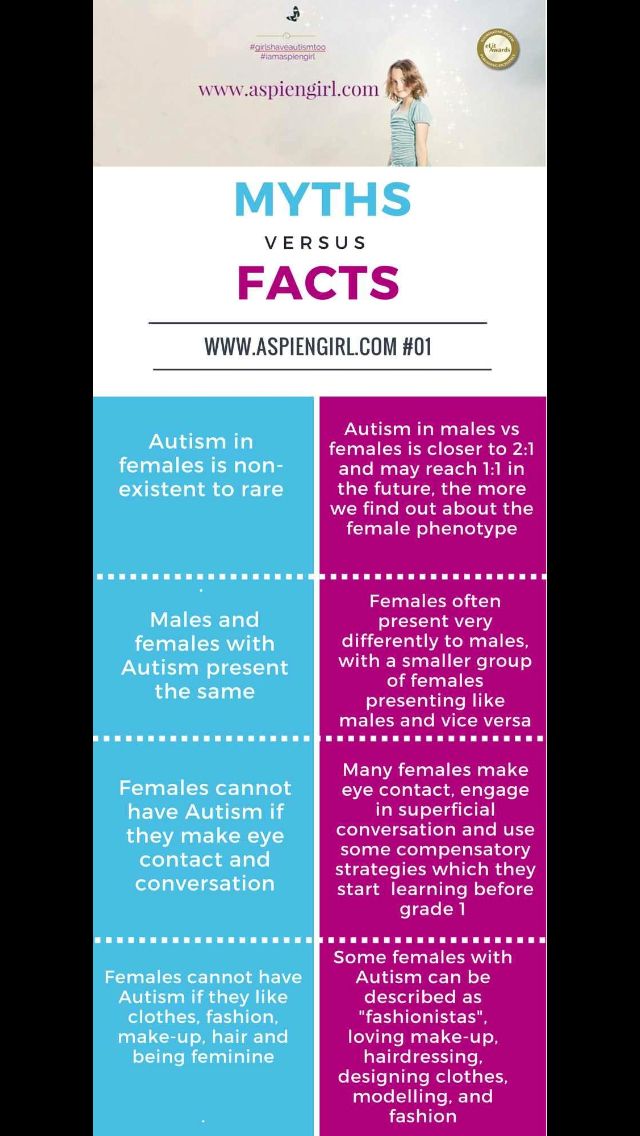 nine0003
nine0003
tags:
autism myths
Autism diagnosis is not the end of love and hope. But stories in the media thrive under the most overwhelming and horrifying circumstances. Here are just a few of the myths perpetuated by TV, magazines and movies that I think deserve to be busted!
tags:
personal experience,
myths about autism
Autism is a complex and mysterious disorder that confuses both the medical community and society at large. Because of this, there are countless myths and misconceptions about him, and families with children with autism are often confronted with comments from people who are tactless at best. nine0003
Most people mean nothing bad. Some of them just don't find the right words, while others really try to help... to the best of their ability. But this does not mean that these meetings still do not affect parents.
I asked a group of mothers raising children with autism what the most hurtful, insensitive, and outrageous things are said about them.